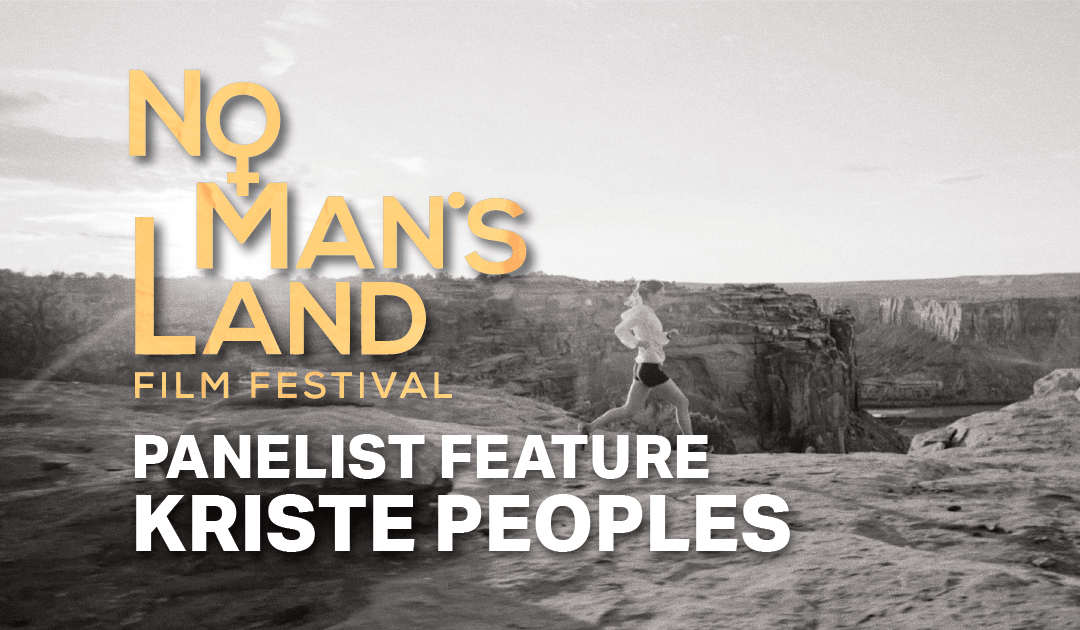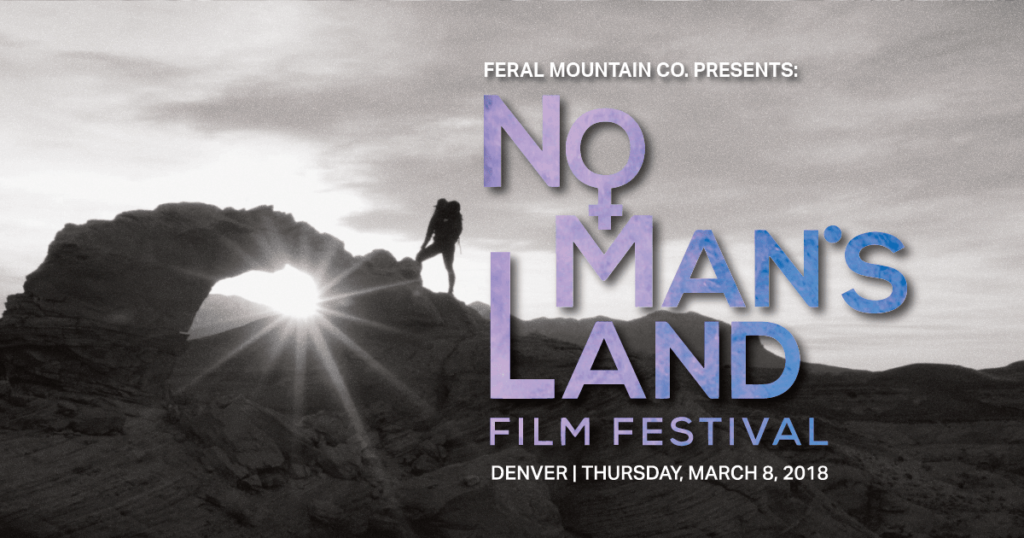Welcome to part five in a series highlighting each panelist for the upcoming film festival on March 8, 2018, No Man’s Land: “an all-woman adventure film festival based out of the Rocky Mountains of Colorado that meets a need and desire to highlight and connect with women in pursuit of the radical.”
Tickets can be purchased HERE. For more information visit our Facebook Page!
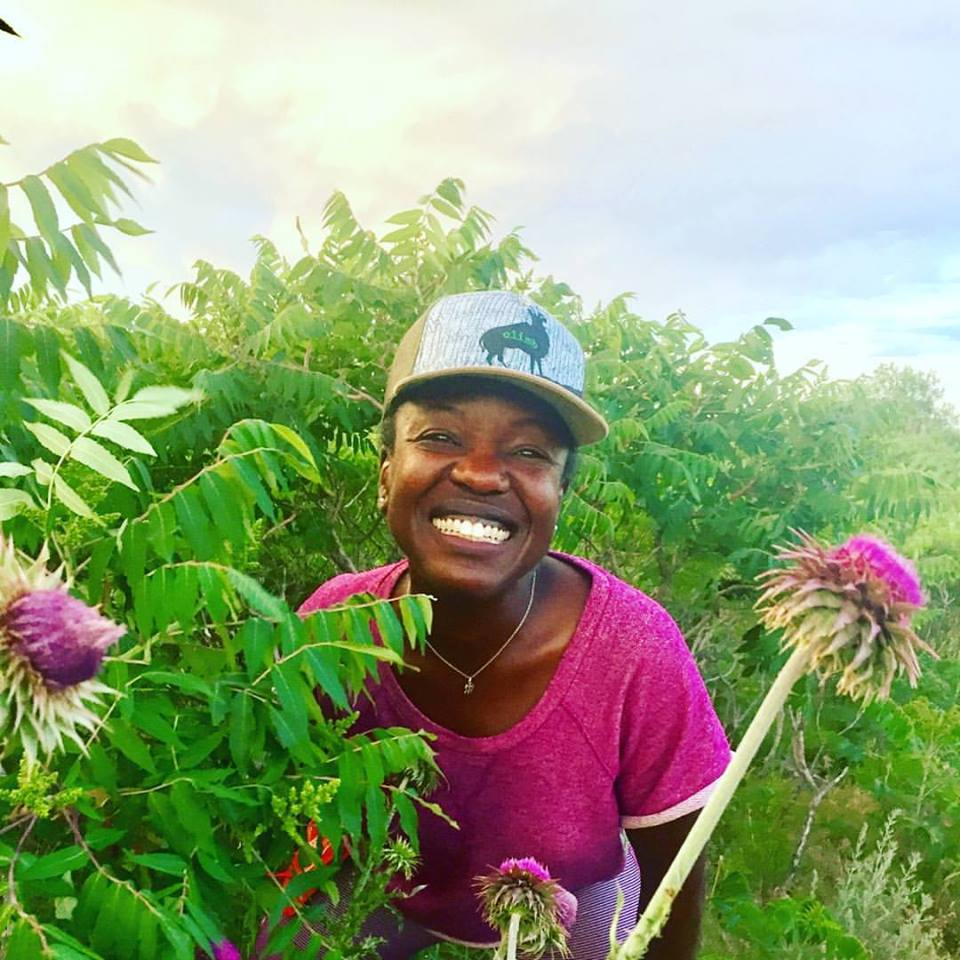
KRISTE PEOPLES – OUTDOOR LEADER
FERAL: Let’s start with an introduction! Tell us about yourself…where you’re from, when you came to Colorado, how you got into the outdoors – whatever it is that has shaped where you are now.
KRISTE PEOPLES: I moved here from Chicago in 2009, where I’d lived for three years before arriving from Phoenix. Before that, I lived in Brooklyn and Virginia before that. I’d always been ‘active’ and I enjoyed the outdoors. But I didn’t really get hooked until Colorado. What led me here? A convergence of curiosity, adventure, finding home, and a lifelong path of exploration.
FERAL: You started the Black Women’s Alliance in 2009, which is an incredible organization. Can you tell us a little bit about how it started and candidly what challenges you faced (if any) in the initial journey?
KRISTE: It actually took real shape in 2014, but it lived in my head since 2009 because when I got to Colorado, I landed in Boulder, where the population still hasn’t reached a full 1% black. Talk about a challenge; that was hard. I’d been used to big cities and to having friends of all backgrounds. At first, ‘being the only one’ wasn’t so hard, because I was adaptable. I could find home wherever I was, I thought. But it turned out I couldn’t penetrate the Boulder bubble, no matter what I did and got frustrated at even trying to. I had no idea how much I wanted to connect with women who looked like me until I finally began to meet a few, most of whom lived in Denver. The seeds for BWA had been planted, and they grew from there. Organically at first, and now we’re in yet another phase of growth and change, and it’s exciting, really.
FERAL: There has been a lot of buzz about diversity (or lack thereof) in the outdoors. Many who speak on the subject recognize that they are solely an observer and not able to speak from a minority perspective. I am really interested to hear what your thoughts are on a.) why this is the case and more importantly, b.) what can be done?
KRISTE: We’re living in a global society and as global citizens it’s important to look at our shifting racial makeup not just in this country, but in the world. And when you think as a global citizen and you ask who the minority is, it’s white people. As America continues to brown, and white people cease to be the so-called majority—within our lifetimes—this push to make the outdoors more reflective of the population is not only long overdue, it’s an imperative. When a group has systematically shut other groups out of the equation, it becomes a bit of a cluster trying to force those doors back open. There are lots of complicated factors that are responsible for creating such a low representation among people of color in the outdoors—legally enforced segregation, garden-variety racism, exclusionary narratives, advertising, expense, and ignorance to name a few.
You ask what we can do? Personally, I think it’s important to have real dialogue with each other and not too much sitting around talking, equivocating, quantifying, rationalizing, and doing the usual bs. Dialogue, after all, needs to involve more than one voice, right? The real challenge and point of change happens in action. Go meet the people you want to be working and playing with. Break down any assumptions that the outdoors ‘belongs’ solely to white people. We’re here, we’re going out, and we’re creating our own adventures and new narratives in nature–because we can and because we know we don’t need to wait for an invitation to do so.
FERAL: When did you get involved as an outdoor leader? What are some of the most memorable experiences you’ve had as an Outdoor Leader?
KRISTE: It was a natural progression for me. I’d always been ‘active’ and didn’t have much in the way of proper training for deeper outdoor exploration—especially when it came to inviting people out with me. I’ve done a plethora of things wrong in my own adventure, and eventually decided to soak up more training and knowledge for my own benefit and the benefit of my groups. I’m also a trail running coach with Life’s 2 Short Fitness and my greatest memories almost always involve women telling me how nervous they were to come out with me initially because they were perhaps afraid of one thing or another, but they decided to confront a fear or accept a challenge to let themselves have a wild new experience. That so gratifying to me. It’s also a great feeling to witness someone claim their own adventure and not chase a version of perfection they see in advertising, media, or blazing past them on the trails.
FERAL: This is a big picture question, but what are some of your *biggest* long-term goals both individually, communally, and specifically with Black Women’s Alliance?
KRISTE: Big picture for me is to see women—black women in particular—feeling empowered to simply be and to take up space in the world without dragging the burden of racial scrutiny and judgment around with them or the feeling of ‘otherness’. I want my collaborations, partnerships, my word and deed to become synonymous with an all-inclusive invitation in body, mind, and spirit to shake off any inhibitions that keep us from living fully alive, self-actualized, and on purpose in whatever way that looks like to us. I want to see us free and unfettered to expand our horizons, claim our power, and heal our selves—individually, communally, globally.
FERAL: You’re joining us as part of the No Man’s Land film festival. How did you get involved with this event and what are you hoping it accomplishes for both women in the outdoor industry and beyond?
KRISTE: Black Women’s Alliance has been collaborating with Women’s Wilderness and I’m personally friendly with some of the women over there, so when I learned about this opportunity to join you, I jumped at the chance; it just felt like a great fit because I look at this as an opportunity to expand the conversations we’ve been having in pockets and silos on this topic. Plus, it’s important to show up and tell my story, period. And the more women reclaim their own stories and tell them themselves, the more our collective narratives, perspectives, and possibilities change. Plus, it’s also pretty damn great to connect with badass women whenever possible.
